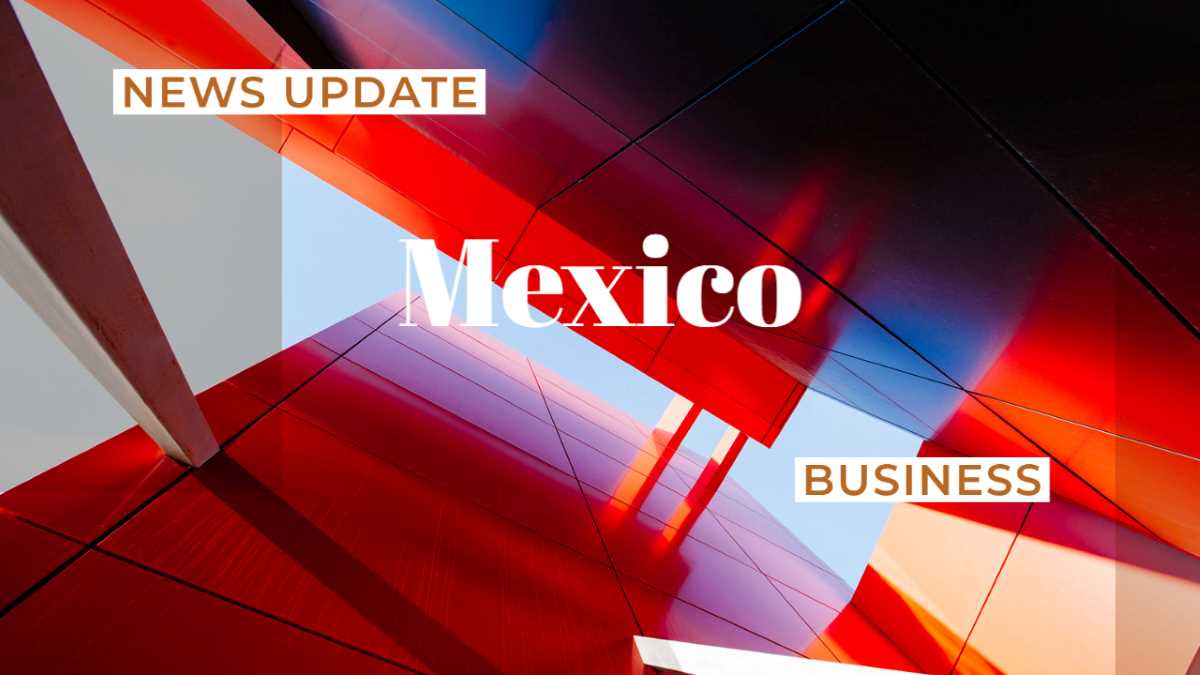Slim's Grupo Carso Expands Its Energy Portfolio with Talos Mexico Acquisition
Grupo Carso, led by Carlos Slim, acquires 49.9% of Talos Energy's Mexican subsidiary, including the Zama mega-field. Mexican economy grows by 1% in Q1 2023. Trade deficit narrows to $1.509 billion in April. Mexicana de Aviación's asset sale deadline is set for June 5.





